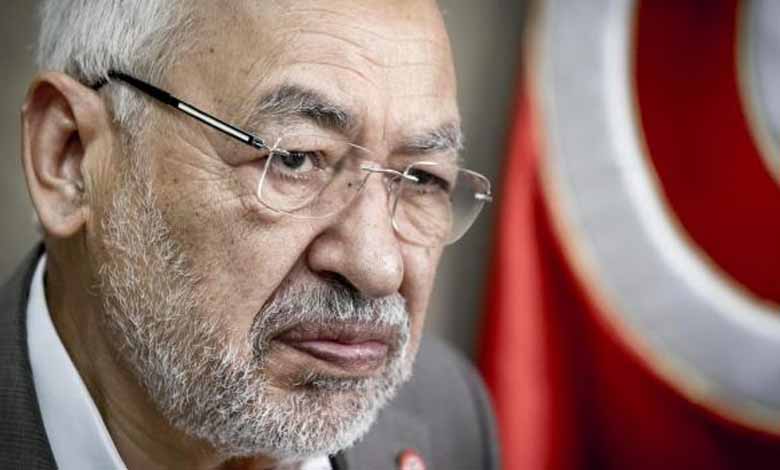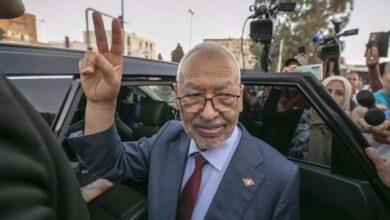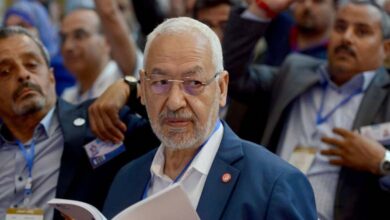Tunisian analyst reveals: Ennahdha has strong ties with terrorist groups in the region

Terrorist groups are constantly trying to disrupt the process of stability, especially with the approach of the Tunisian state to the parliamentary elections. This is the last stage in completing the roadmap, which was put in place by the Tunisian state after the events of July, in which the Muslim Brotherhood Ennahdha Movement, which controlled the parliament at the time, was isolated.
Terrorist attempt
In the past few hours, the Tunisian authorities announced that they had thwarted a “terrorist plan” to target a security unit and a religious institution in the southern province of Sfax. The statement said that “a terrorist element had served his prison sentence (without mentioning its duration) in a previous terrorist case behind a terrorist plan targeting a security unit and a religious institution in Sfax.”
Investigations revealed that the suspect was a takfiri who had previously served a prison sentence for involvement in a terrorist-inspired judicial case. The officer said that the accused had ties with terrorist groups in trouble spots and was always armed with a knife, and intended to form terrorist cells to facilitate the “burning” of takfiri elements.
Did Ennahdha get involved?
Regarding terrorist attempts to undermine the Tunisian state, Oussama Aouidet, a Tunisian analyst and leader in the Tunisian People’s Movement, said that the ongoing terrorist attempts, especially in the near of the Tunisian parliamentary elections, reveal the relationship of the Ennahdha movement with terrorist ties with armed groups and entities in the region, and the role played by this movement in order to create chaos, violence and sabotage in the country.
The Tunisian analyst added that last October, the Tunisian state managed to dismantle a terrorist cell in the north of the country, all of this comes in light of the Tunisian judiciary follow up the case of young people’s travel to hotbeds of tension, after the charges were initially filed against about 1,000 suspects, especially with the presence of the name of Ghannouchi in this case and his connection with terrorist elements of the armed movements in the region, which reveals many things and Ennahdha’s involvement in these terrorist incidents.
Official and unofficial figures in 2016 put the number of Tunisian fighters in the terrorist ranks of ISIS at around 5,000, and the Interior Ministry has prevented around 15,000 young people from joining hotbeds of tension in Syria and Libya.












